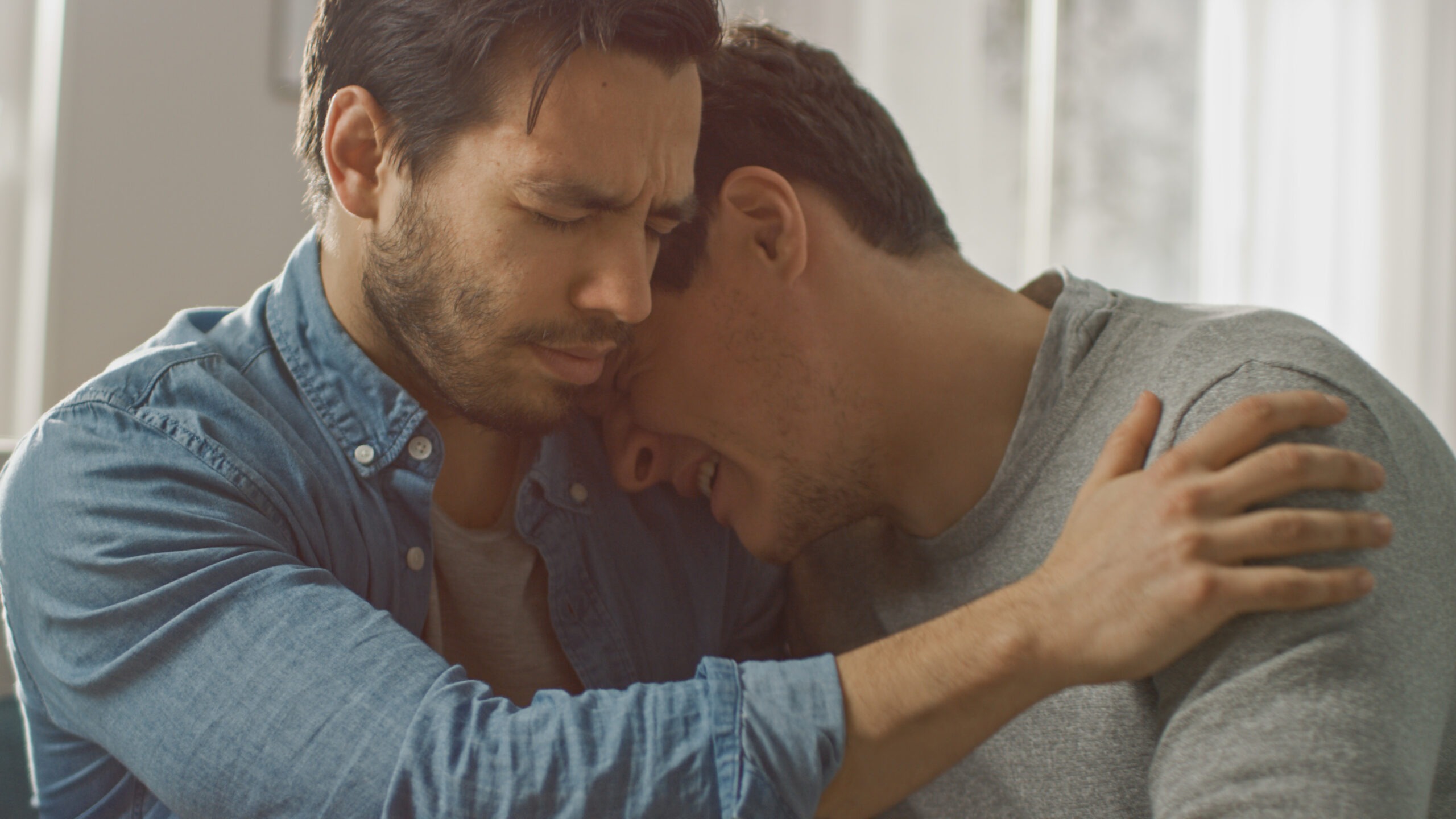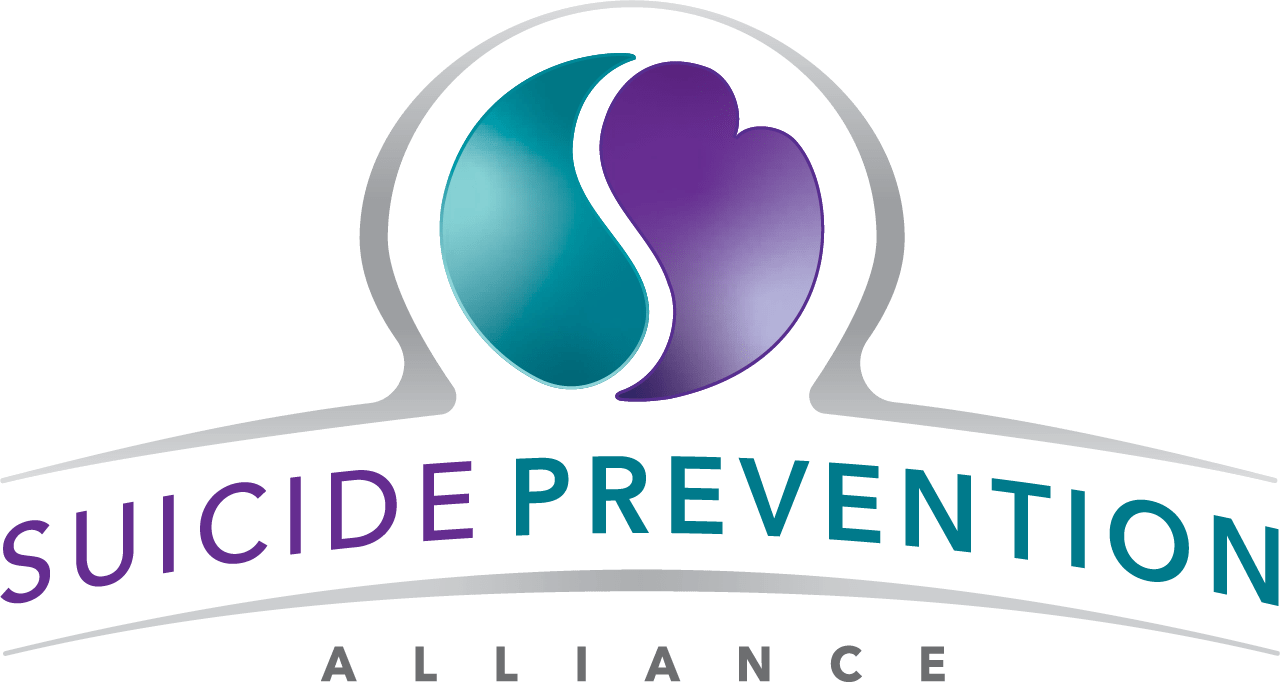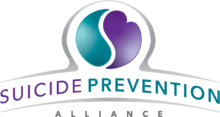If you’re looking at this section, then you, or someone you know, has lost a loved one to suicide. We are so sorry for the impact that this has caused you and that our thoughts are prayers are with you during this time. The first thing we want you to know is that You Are Not Alone. Unfortunately, there are many who belong to the “club that no one wants to belong to”.
Terms often used when someone loses a loved one to suicide is “Loss Survivor or Survivor of Loss”. By losing your loved one to suicide, we are the ones that “survive” after the tragedy has occurred. The survival experience can be filled with heartache, confusion, anger, shame, guilt, etc…literally a rollercoaster of emotions.
So what do we do in the aftermath? Believe it or not, there is light that can shine, even though it may take weeks, months, or even years to travel along that healing process after a loss. It will be a “new normal” for you as you traverse along your journey.
As we stated above, you are not alone, and there are others who can help you with your journey. Support groups (Suicide Loss Survivor Groups) can provide you invaluable help as they have also lost loved ones to suicide.
These groups are made up of caring, empathic listeners to let you talk about your feelings and if you don’t want to talk, they are there to hold your hand or just plain support you. Some suicide survivor groups are run by mental health professionals or some are led by peers hopefully ensuring that each person is heard who wants to speak.
Mental Health Professionals can also be essential in your process of healing. They can be that impartial listener that can give you helpful information on how to guide you in the aftermath of your loss. When seeking out a mental health professional, please contact them prior to your appointment to ensure that they are knowledgeable on how to help you.
If a support group or a mental health professional is not helping you, please don’t hesitate to seek out other groups or clinicians that can relate to your needs during this difficult time.
Some Suggestions for Loss Survivors
Know that you can get through this, even though you don’t think you can.
Remember that all those feelings and emotions that you are going through are all common and “normal” after the loss of your loved one.
It’s okay to cry…don’t let anyone tell you differently
Take things one minute, one hour, one day at a time…this is a process, and it takes time to start healing.
Seek out a Mental Health Professional…there is nothing wrong with going to a mental health professional for help. In fact, we recommend it.
Find that one person, or support group, mental health professional, that you can talk to about your loss
It’s okay to be angry, it’s okay to be sad, and it’s even okay to be happy, as the healing process travels on…
Set your boundaries of who you want to talk to about your loss and those you do not. You do not have to explain yourself or your feelings to everyone who asks.
Most importantly…Take Care of YOU
What Can I Do To Help Someone Who Lost a Loved One To Suicide
It’s often difficult for a friend or loved one to know what to say to someone who has just lost a loved one to suicide. The best you can do to help someone who has just experienced this traumatic event in their life are two things…Be Present and Just Listen. Know that just by being there and being supportive is key to helping someone in their journey. Also, don’t be afraid to mention that resources are available for help during this time, such as a mental health professional or support group specifically for suicide survivors.

If you don’t know what to say, then don’t say anything at all. Show your concern that you care.
A few good things to say are:
“I’m here for you anytime you need me”
“I am so sorry this happened, please know that I care for you so much”
“What can I do to help you right now”
“I don’t know what to say, but I’m here if you need me”
Some Things You Can Do
-
Listen to them talk, cry, yell, etc., to you during their grief
-
Keep in regular contact with them
-
Don’t be afraid to mention the name of the person that died. Often Survivors of Loss feel more connected to you by sharing stories of their loved one…ask them to share stories, see pictures, things that made them smile, etc…
-
Contact them by visiting, calling, or sending a “thinking of you” card…weeks and months after the loss has occurred. Survivors often feel alone after the funeral takes place and things get back to normal for others. Continue to reach out to them on a regular basis to show you care.
What Not to Do!
-
Don’t judge the person you are helping or especially the loved one that died by suicide.
-
Don’t use cliché’s…such as “Time heals all wounds”, “God must have had a purpose for this”, “You’re so strong”, or “I know how you feel”
-
Don’t make promises you can’t keep. Do things that you know you can help with.
-
While supporting your friend or loved one who is grieving, do not forget about taking care of yourself. This can be an overwhelming process for you and the need to practice self-care is just as important. Also, do not be the only one helping, get others involved who can provide a support and share with helping your loved one
Survivor Groups

Additional Information
Who We Are
Suicide Prevention Alliance is a 501(c)3 nonprofit organization that helps people who are in need of preventative suicide assistance
